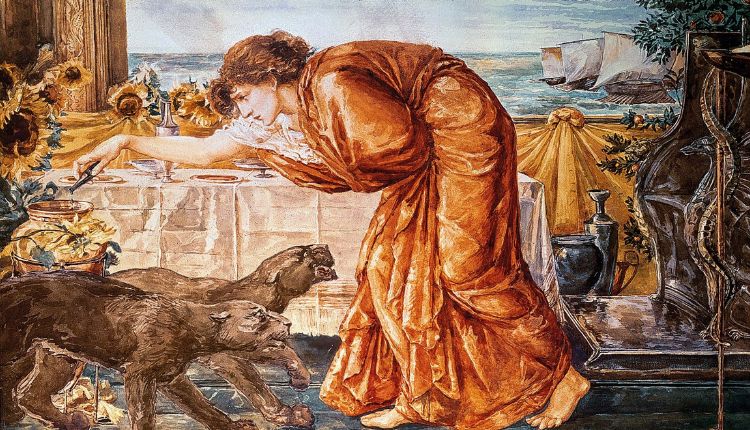which excerpt from the odyssey best shows that the ancient greeks greatly valued the idea of home?In the vast tapestry of ancient Greek literature, Homer’s epic poem, “The Odyssey,” stands as a testament to the profound values that shaped the Hellenic society. Among these values, the concept of home emerges as a poignant thread, woven intricately into the narrative. Let us embark on a journey to explore which excerpt from this timeless masterpiece best encapsulates the ancient Greeks’ deep-seated reverence for the idea of home.
The Hero’s Quest for Home
Odysseus’ Odyssey
In the Odyssey, the protagonist, Odysseus, embarks on an arduous journey filled with mythical creatures, divine interventions, and daunting challenges. However, beneath the surface of these epic adventures lies a poignant longing for home. Odysseus, after years of trials and tribulations, seeks solace in the familiarity of his homeland, Ithaca.
Nostos: The Greek Yearning for Homecoming
The term nostos, encapsulating the profound Greek yearning for homecoming, echoes throughout the Odyssey. This intricate term not only symbolizes a physical return but also embodies a spiritual and emotional reconnection with one’s roots. As Odysseus battles monsters and navigates treacherous seas, the undercurrent of his desire for home becomes a guiding force.
Excerpts Echoing Home
Penelope’s Unwavering Vigil
Penelope, Odysseus’ wife, becomes a symbol of unwavering devotion to home. Amidst suitors vying for her hand, she remains steadfast, weaving and unweaving a tapestry—a metaphorical countdown to Odysseus’ return. Her commitment and resilience resonate as a testament to the sanctity of the domestic space.
Telemachus’ Quest for Identity
Telemachus, Odysseus’ son, embarks on a parallel journey of self-discovery and the search for his father. Through his encounters with various characters, including the wise Mentor, Telemachus learns about the importance of family and home. This subplot adds layers to the overarching theme of the Odyssey.
The Cultural Significance of Home
Greek Xenia: Hospitality as a Virtue
In ancient Greece, the concept of xenia—hospitality—played a pivotal role in defining the sanctity of home. The Odyssey portrays numerous instances where hosts and guests intertwine their destinies. This portrayal reflects the societal importance placed on welcoming others into one’s home.
The Hearth as a Sacred Center
The hearth, often considered the heart of the ancient Greek home, symbolizes warmth, sustenance, and familial bonds. Its sacred significance extends beyond the physical space, representing the core values that held Greek society together. The hearth, as portrayed in the Odyssey, serves as a visual metaphor for the essence of home.
Conclusion
In conclusion, the excerpt from the Odyssey that best illustrates the ancient Greeks’ profound valuation of home is not a singular verse but a symphony of interconnected narratives. Odysseus’ longing, Penelope’s vigil, Telemachus’ quest, and the cultural nuances of xenia and the hearth collectively paint a vivid picture of the centrality of home in the Hellenic ethos.

